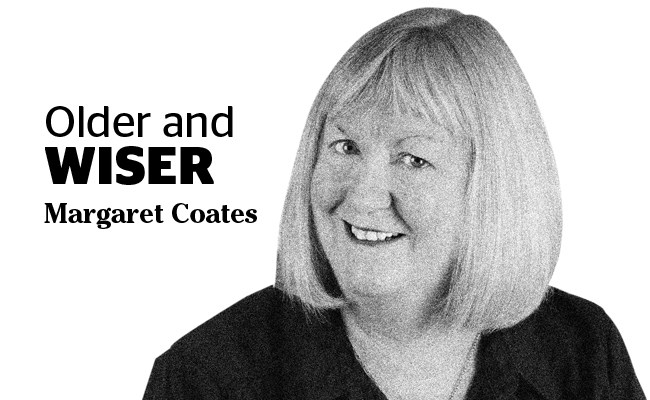Seniors in Shanghai, China were recently discouraged from congregating by a major lifestyle store because they were using the facility to meet their peers, socialize, take naps, eat and flirt.
According to an article by Neil Connor of The Telegraph (story reprinted in the Vancouver Sun Oct. 14), the older clientele say they have nowhere else to go but Ikea.
“‘We’ve been to McDonald’s and KFC. But there are barely any peers there,’ an 86-year-old named as Qiu told the China Daily newspaper,” the article states. “‘We feel like aliens there – surrounded by youngsters. If there is another place in Shanghai where elderly people can gather, we are more than ready to pay twice as much and travel further.’”
Not so on the North Shore as seniors can gather at many facilities such as seniors centres (Silver Harbour Seniors’ Activity Centre, West Vancouver Seniors’ Activity Centre and Mollie Nye), and at other facilities that have strong seniors programing (North Shore Neighbourhood House, Capilano Community Services Society, North Shore Volunteers for Seniors, and Parkgate to name a few).
An October report, Our Future: Seniors, Socialization, and Health by Gloria Levi and Laura Kadawaki, published by the Columbia Institute, stresses the importance of seniors centres and programs. “By providing seniors with opportunities for socializing, healthy meals and physical activities, senior centre programs play a key role in keeping seniors healthy and independent. They can delay/prevent seniors from requiring more costly health-care services.”
The report goes on to say, “caring for seniors in the community is the preferred option of both seniors and the government.” There is a growing consensus that “aging in place” is the preferred community response to an increasingly aging population.
The community response can be to provide places for seniors to congregate and get their needs met through strong programs and services. Or the community response can be to improve the built environment through safety and security measures in the community such as good street lighting, adequate crosswalk timing, and covered benches along walkways, adequate parking and more accessible public toilets. A local North Shore Seniors Action Table has been advocating with some success for these measures through its work on age-friendly action priorities.
The report also says that for seniors’ programming to be successful there has to be good supports: core government funding, strategic partners such as businesses, civic organizations, provincial government departments and faith communities, well-run volunteer programs and adequate space for standard and alternative programming.
Many of the programs and services on the North Shore are supported by municipal funding, and to some extent the funding is adequate. However, many of the programs are grant-funded and not core-funded, which leaves staff expending time and energy to obtain adequate funding instead of working on program delivery.
Some seniors in Shanghai have found an alternative to seniors centres in order to get their needs met by going to Ikea.
“‘I guess few people know just how lonely old people are,’ said a retired woman named as Xu by a Shanghai news website,” Connor’s article continues. “‘Our kids are not around, and some visit only on weekends. I feel quite good when I come here. I talk with friends, but some elderly do meet people who become lovers.’”
On the North Shore, whether a senior wants to flirt, meet a friend, exercise, grab a bite to eat, or just hang out, seniors programs are the best way to meet these needs.
Margaret Coates is the co-ordinator of Lionsview Seniors’ Planning Society. She has lived on the North Shore for 47 years and has worked with and for seniors for 20 of those. Ideas for future columns are welcome. Email: [email protected]. Info: lionsviewseniorsplanning.com.



